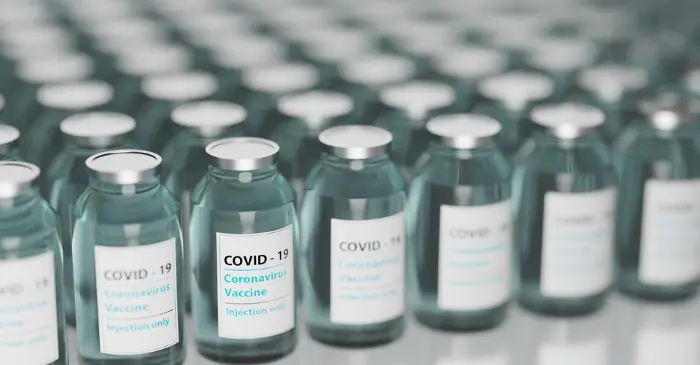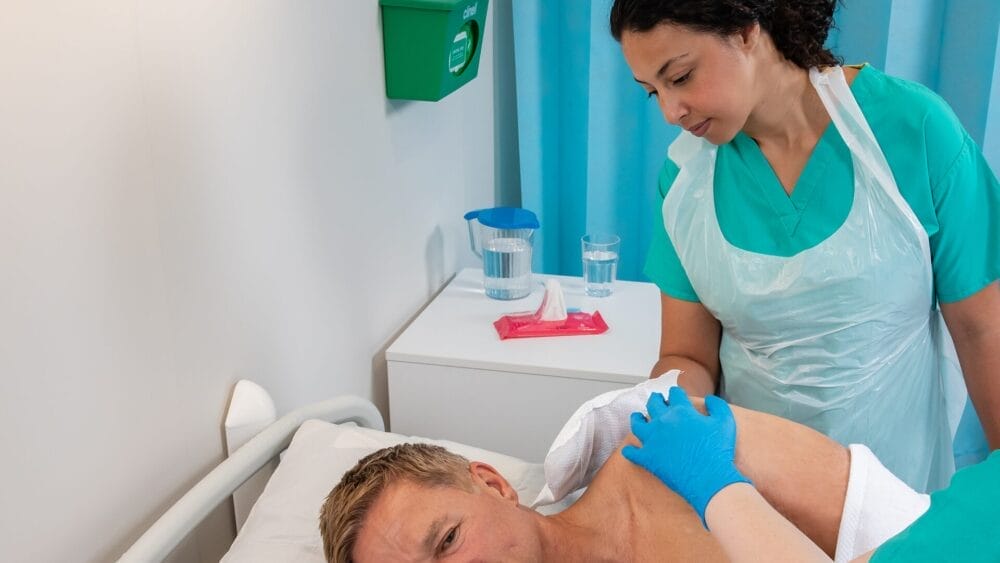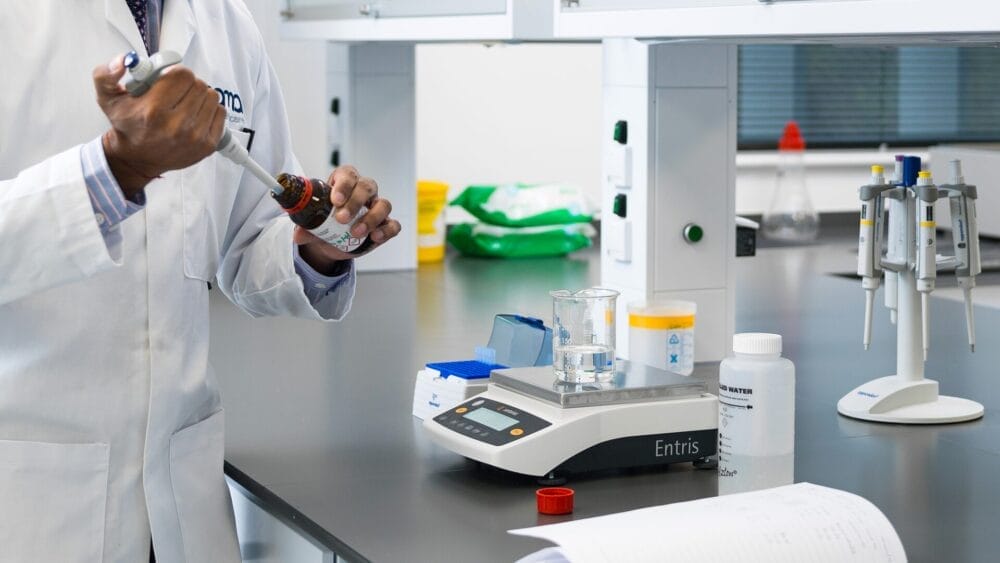Posted
4th February 2021
Research
In this week’s article, GAMA’s IPC experts set the record straight by answering your top five FAQs about the coronavirus vaccines.
Coronavirus vaccine update:
This week, we were delighted to see that UK had vaccinated more than 10 million people.
The speed at which the vaccines have been developed and tested is remarkable, and we hope that everybody reading this will get vaccinated at the first available opportunity.
“There is no doubt that vaccination is the single most important intervention to end this pandemic – to the extent possible.” – GAMA IPC Expert.
So far, three vaccines have been approved in the UK:
- Pfizer/BioNTech
- Oxford/AstraZeneca
- Moderna
These vaccines have different mechanisms, with the Pfizer/BioNTech and Moderna vaccines based on RNA and the Oxford/AstraZeneca vaccine a more conventional viral vector approach. They have all undergone rigorous testing and large clinical trials showing that they are very effective at preventing serious cases of COVID-19.
RELATED CONTENT: What you need to know about the UK’s COVID-19 vaccine

TOP 5 FAQs:
1. Can I spread coronavirus after I’ve had the vaccine?
The clinical trials tested whether the vaccines are effective in preventing serious disease. The answer to this question, unfortunately, is largely unknown.
However, we do know that the vaccines reduce the severity of the disease, this reduces the chance of people becoming infected at all. Since the spread of the virus is more common in those with symptoms, those who are vaccinated are less likely to spread coronavirus than those who are not.
Yet, it may still be possible to spread coronavirus once you are vaccinated.
2. Is the coronavirus vaccine effective against new strains?
Again, this has not been tested in any large clinical trials.
We know the genetic code of the virus and its variants in full. Therefore, we can make some assumptions about whether different mutations will reduce the effectiveness of the vaccines.
So far, the view of experts is that the variants are unlikely to reduce vaccine effectiveness, but this may change as new variants emerge.
3. When will I get my COVID-19 vaccine?
In the UK, the Joint Committee on Vaccination and Immunisation provides a risk assessed list of priority groups, starting with residents in care homes and their carers, the over 80s, frontline health workers and social care workers. You can use an online vaccine calculator to gain an approximation of when you are likely to receive yours.
4. How many injections do you need for the vaccines?
The three licenses vaccines in the UK each require two doses. The first dose of the vaccine seems to offer at least half of the full protective effect.
After two doses, the Pfizer/BioNTech and Moderna vaccines are about 95% effective. The Oxford/AztraZeneca vaccine seems to be a little less effective, but not by much.
5. Do I have to follow lockdown rules after I’ve had the vaccine?
In short, yes.
The level of protection against infection and transmissibility of the vaccines is still largely unknown, as is the impact of the new variants and those that are to come. So, for the time being, we need to follow the same measures to prevent the spread of COVID-19, whether we are vaccinated or not.
If you’d like more information on the COVID-19 virus and the efficacy of our products, take a look at our coronavirus update page. Help spread the word about infection prevention by sharing this article on social.
SHARE THIS ARTICLE
Tags
Latest News
Introducing HEXI HUB: A seamless transition in our product line
We’re pleased to announce an update to our product offering…
Innovative solutions for tackling Carbapenemase-producing Enterobacteriaceae (CPE) at King’s College Hospitals
King’s College Hospital NHS Foundation Trust, one of London’s largest…
Gloves Off: reducing unnecessary plastic waste during environmental cleaning and disinfection
In this blog, Dr Phil Norville discusses the momentum-gaining ‘Gloves…
Gloves Off: Navigating SDS sheets and skin safety claims in environmental decontamination products
In this blog, James Clarke (Head of R&D, Science &…




